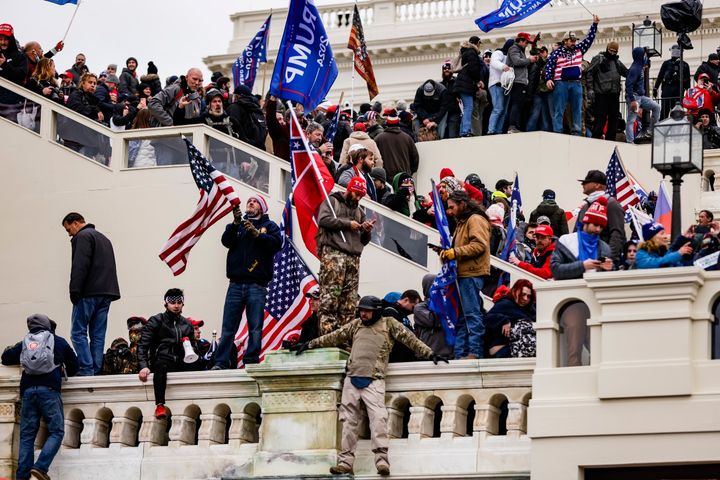Stripe and Donorbox Face Calls to Cut Off Jan. 6 Rally Organizers

Summary
Both companies have terms of service that prohibit organizations that encourage violence.
Keep reading with a free trial
Unlock this article and get unlimited access to Sludge with a 14-day free trial. No commitment — cancel any time.
Already have an account? Sign in


